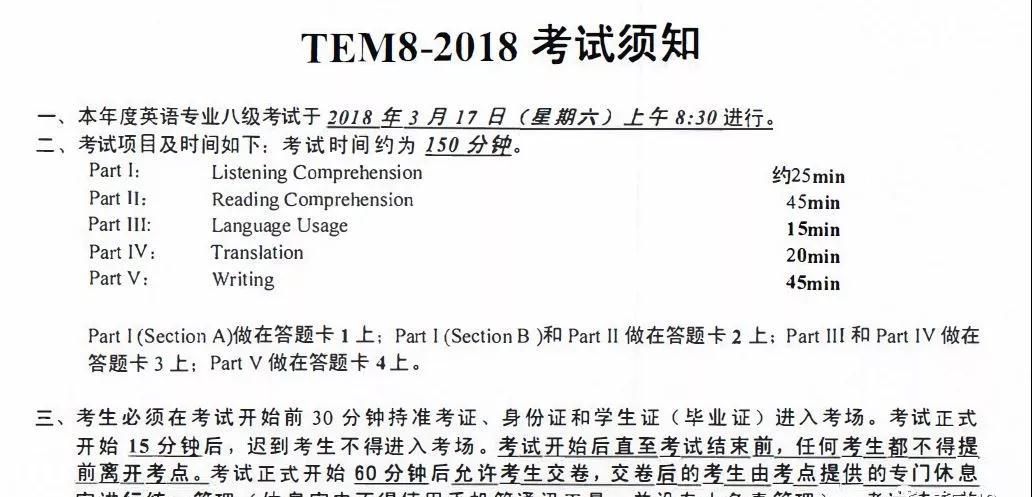Air quality's future clear: Official says
|
Beijing's air quality will not diminish after the successful hosting of the Olympics, Beijing environment protection bureau spokesman Du Shaozhong said yesterday. "The Olympics was an accelerator that pushed us to make extensive efforts to improve air quality in the short term," he told China Daily. "The long-term efforts are to make Beijing a friendlier city. This push began before the Games and will continue after the event." Last year was the best period for the capital's air quality. There were 274 "clear days," or days with an Air Pollution Index rating of less than 101, compared with 100 clear days in 1998. Every competition day during the Olympics marked the best air quality day since Beijing began industrializing. This year's target is 260 clear days, Du had said earlier. But he explained managing air pollution will remain a prolonged battle. "Controlling air pollution in a city like Beijing will be especially arduous because of its location and years of industrialization." The city is surrounded by mountains that trap the pollution generated by its 16 million residents, 3.5 million automobiles and numerous industrial plants. Beijing is also host to 30 million sq m of construction projects and consumes 30 million tons of coal annually. "People always expect better air quality, and we must try to meet targets while balancing development with environmental quality," Du said. This year, Beijing will further curb auto emissions and adopt fuel-efficiency standards equal to the Euro IV standard. The 300,000-odd high-emissions vehicles, or "yellow-label cars," that fail to meet the Euro I emission standard are banned from within the 5th Ring Road. From October 1, the ban will expand to within the 6th Ring Road. Yellow-label vehicles' owners will receive up to 25,000 yuan ($3,700) in compensation if they stop driving their vehicles. Other pollution control measures include cutting dust pollution from construction sites, replacing coal-burning facilities in industrial plants and implementing stricter garbage disposal procedures. "Despite some progress, 30 percent of the days of last year were polluted," Du said. Du called for greater public participation in reducing emissions and took it upon himself to stop driving for at least one day a month. |








